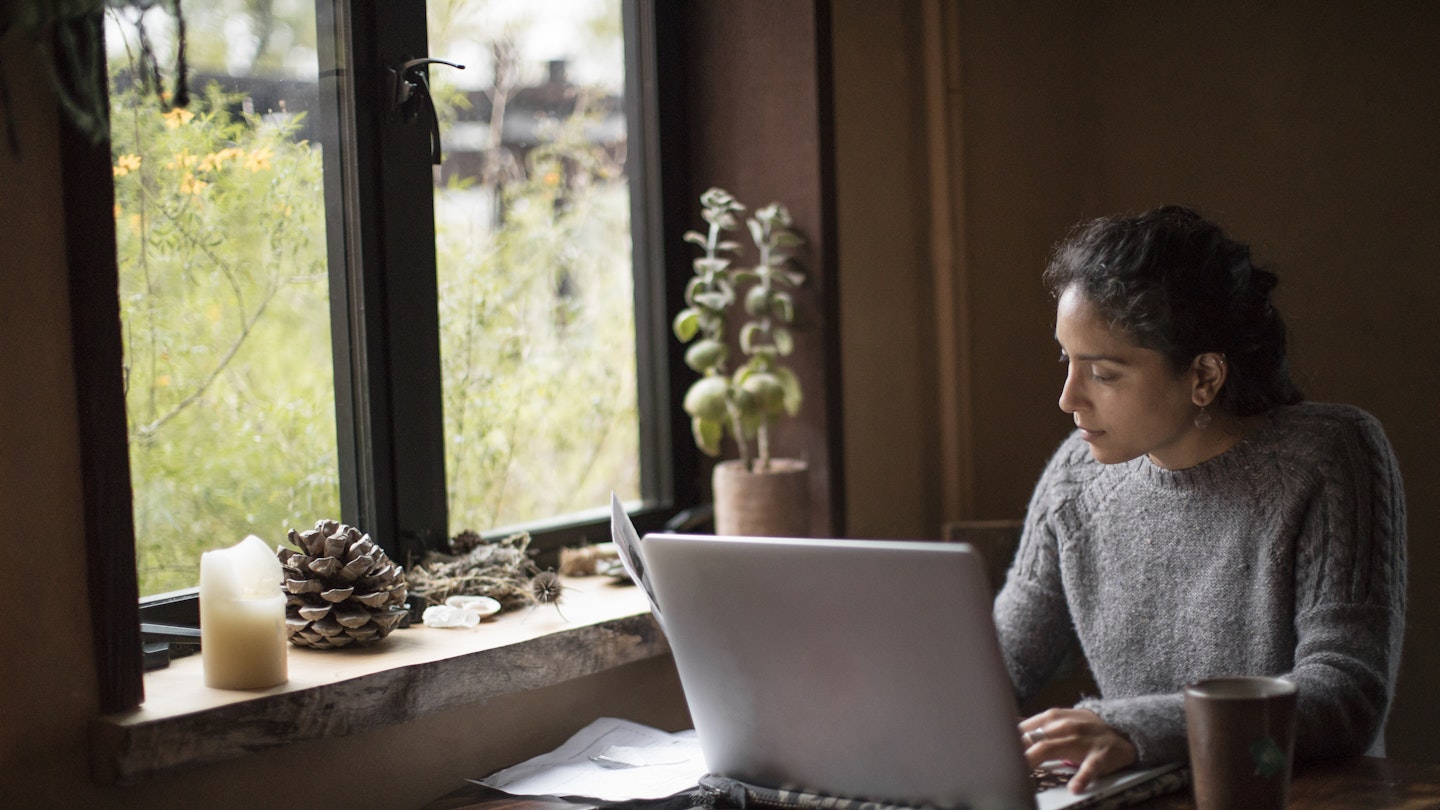'I'm even more obsessive about reaching inbox zero working from home than I was in the office. I used to be able to stop thinking about work once I closed my laptop, put my coat on and left the radius of the office Wi-Fi but now the bold blue font of a new email taunts me and with literally nothing to do at home I often find myself checking my email when I'm bored, between chores or just want a bit of a thrill.’
Phoebe, a 30-year-old social media manager, has always been ‘good’ at emails. As in, she’s usually able to reach inbox zero every day. That was, at least, until lockdown hit and working from home became the new norm. Now, the pressures of work have shifted decisively – away from proving ourselves with how many hours we work with late nights at the office, towards being as productive as possible as quickly as possible.
In attempting to disprove the myth that working remotely means ‘not really working’, it seems all of our inboxes are getting out of control. ‘Emails come at all hours now with everyone at home and always within reach of their laptop or phone,’ says Phoebe. ‘I think we're all trying to prove we're really working at home instead of doing the laundry or having a nap, which adds to the number of emails and messages that definitely could've waited until the next day's catch up.'
‘It makes reaching inbox zero literally impossible,’ she continues. ‘The “don't read this until tomorrow” subject lines just make me want to read them even more. I kid myself that reaching inbox zero makes me more productive, but actually it would be far more sensible to set an hour aside a day to tackle emails instead of refreshing every five minutes - but I need that new email hit and it seems ridiculous not to answer emails within an hour of them being sent because I fear everyone thinks I'm at home with nothing else to do.’
Something needs to change then, because remote working is here to stay for many of us. Research shows that workers are more productive than home - dispelling that previous myth altogether. Essentially, it’s like we’ve all been part of a giant WFH research trial for the last year and everything we knew about productivity – all those office-based versus remote working pros and cons - has changed.
According to a survey from Enterprise Technology Research, the percentage of workers permanently working from home is expected to double in 2021. Experts estimate that by 2025, around 70% of the workforce will work remotely for at least five days a month.
I had two days annual leave last week and I still can’t catch up.
For those that don’t consider themselves good at emails then, that could be a scary prospect. ‘I honestly cannot cope with my emails at the moment,’ says Emma, a 36-year-old journalist who is also balancing childcare with full-time work. ‘I've never been someone who is like “Oh I MUST have it down to zero or I can't sleep!” but right now I feel like I could - and do - miss things that are important because I can't see the wood for the trees.
‘The sheer volume of emails is just incredible, I had two days annual leave last week and I still can’t catch up. Periodically I just have to spend two or three nights a week working until 11 to get them under control, but now I really resent that and when I get to the end of the day I just can't face it. But then I start the next morning stressed again. Every day I swear I'll sort them, then I'm just firefighting again all day and it's worse again come 6pm.’
Emma isn’t the only one. According to leadership and performance coach Joanna Howes, a number of her clients have felt the same way.
‘I work with a lot of people that now label it “Inbox overwhelm”’, she tells Grazia. ‘They feel they have lost control of their time and have anxiety that everything needs to be responded to immediately. It is just so easy to fire off an email and people seem to have “phone anxiety” that stops them from just giving people a quick call. Also, I have noticed an increase in email tennis, where the email is now served back to the other person so you can get on with something else.’
One would hope that the longer we accept remote working is just a part of our lives now, those myths around productivity that feed work insecurities, guilt and pressures to overperform will fade. But in the meantime, should we be aiming for inbox zero or just rid ourselves of the seemingly mountainous task altogether?
A clean inbox means you can start the day thinking clearer and breathing easier.
‘I think reaching inbox zero very important for productivity,’ says Joanna. ‘I have lived by the standard of clearing my inbox every night for the last two years. I used to be proud of saying that I had 25,000 emails as for some crazy reason I felt this meant that I was important and busy, however, I soon learnt it was disorganised and undisciplined and would not be a behaviour that would attract people to my business. By living my clean inbox standard, means I start my day being able the thinker clearly and breathe easier and be focused on where I can make a difference.
‘The result is increased productivity. It helps to keep you calm and gives you the certainty you need to manage the uncertainty that may arise in your day. You get your time back to focus on where you can make a difference and you will be able to show up fully present versus feeling stressed and overwhelmed.’
So, with lockdown making that so much harder, what can we do to get on top of our ever-increasing emails and improve our work life balance when clocking out? Here are Joanna’s top tips…
How to clear your work email inbox every day
Start the day by clearing your emails
Then at the end of the day, do not close down until your inbox is clear - if you stay on top of this it takes less and less time everyday
Have clear folders on where to file your emails - I have a ‘To do', 'Ongoing conversations', 'Clients', 'Suppliers' and 'Finance'
Unsubscribe from anything you don't need any more. This will immediately make a difference - it's like a wonderful spring clean
File as you go throughout the day, don't let them build-up
If your standard slips, do not give up. Reset and go again
Click through for the best podcasts with productivity advice...
Podcasts productivity - Grazia
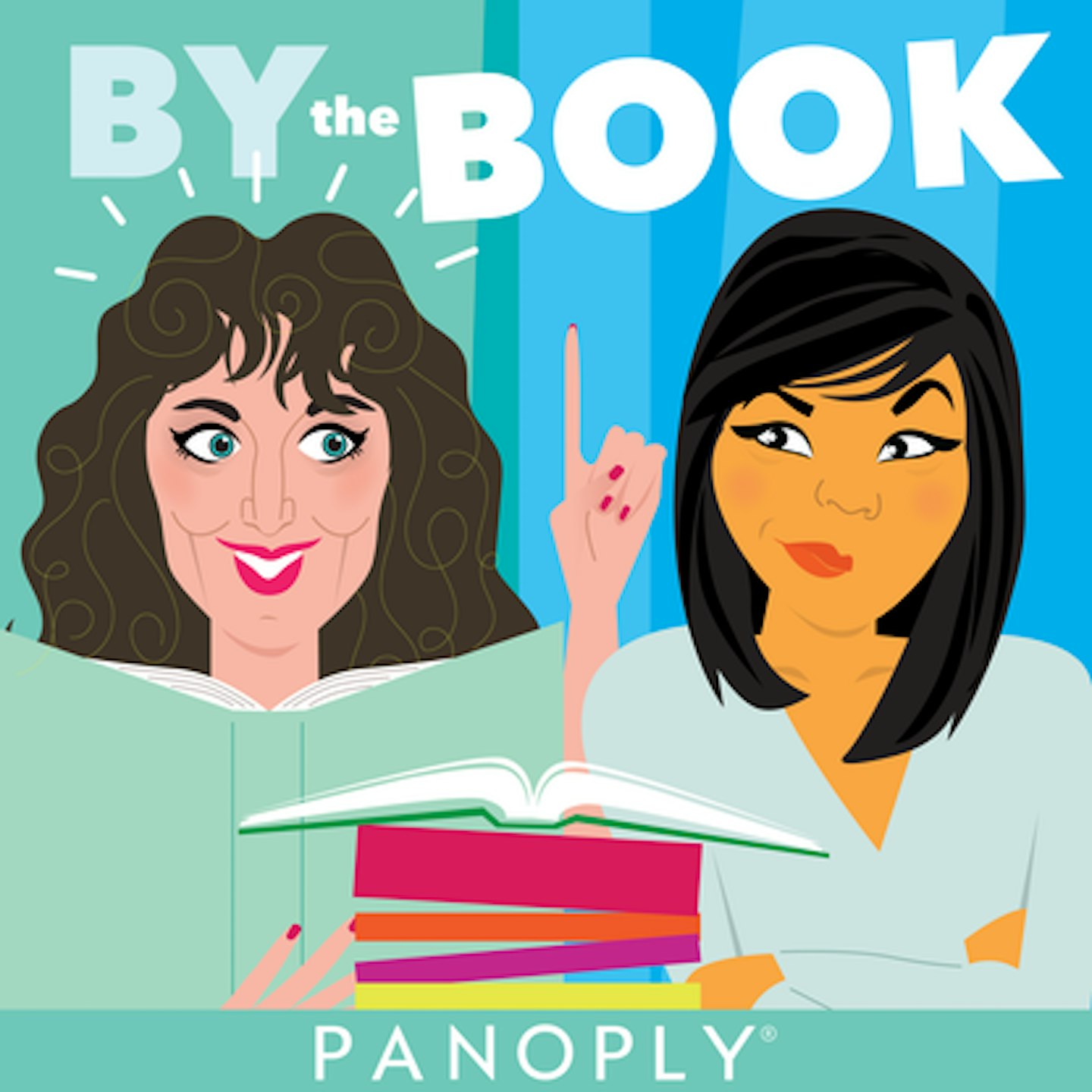 1 of 9
1 of 9By The Book
Before diving into the sea of self-help books claiming to know the secret of being a better, more rounded person, consult with By The Book. Described by its presenters Jolenta Greenberg and Kristen Meinzer as half reality show, half self-help podcast, each episode sees the pair attempt to live by the rules of one self-help bible, in a bid to figure out whether those precepts are actually worth your time.
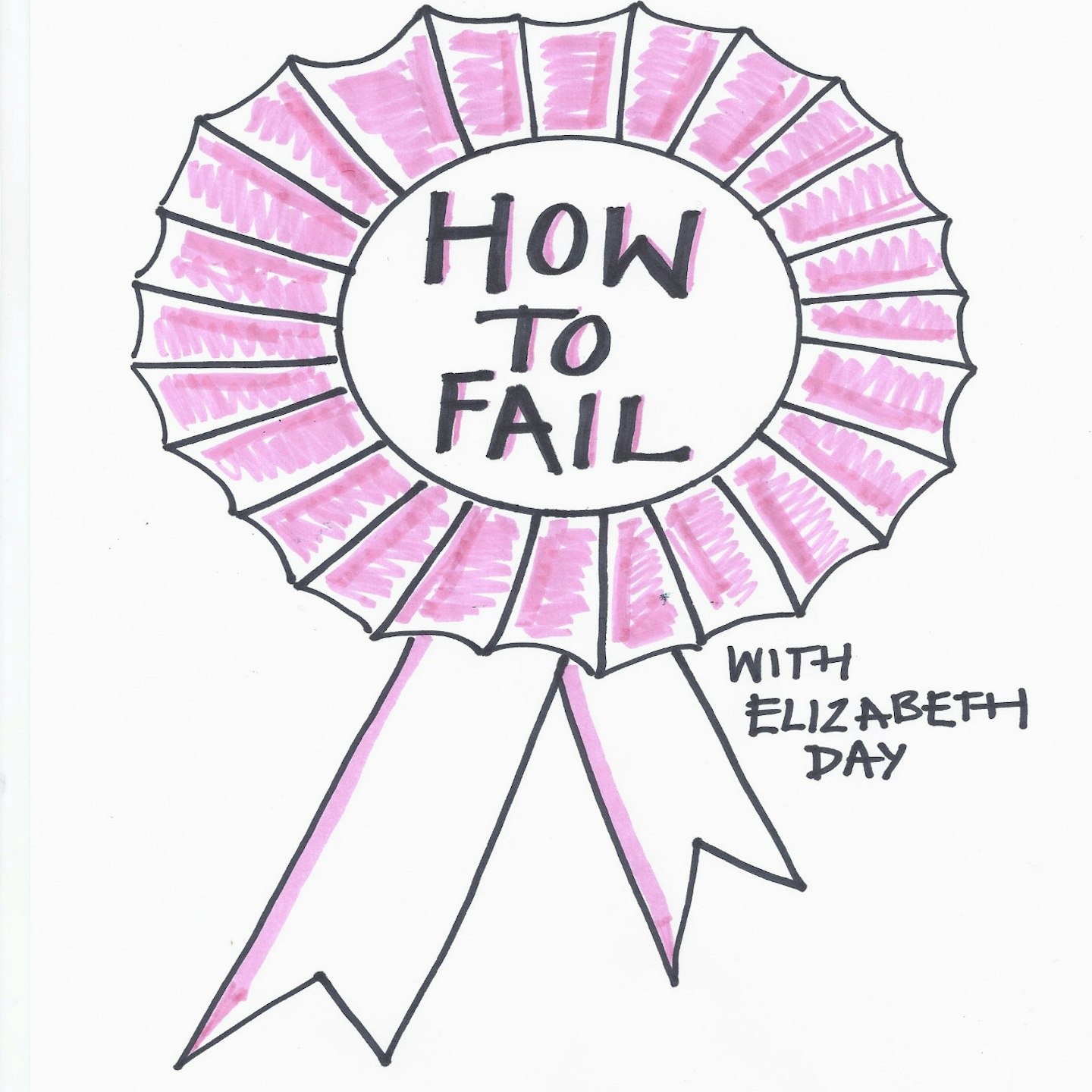 2 of 9
2 of 9How To Fail With Elizabeth Day
Writer Elizabeth Day is convinced that, counter-intuitive as it might initially seem, embracing our failures can actually lead to our biggest successes – and after listening to her podcast, you'll be inclined to agree. The first season of How To Fail saw the writer grill the likes of Fleabag creator Phoebe Waller Bridge, journalist Dolly Alderton and activist Gina Miller about the things that didn't go right for them. It's by turns funny and insightful, with a second round hopefully coming soon.
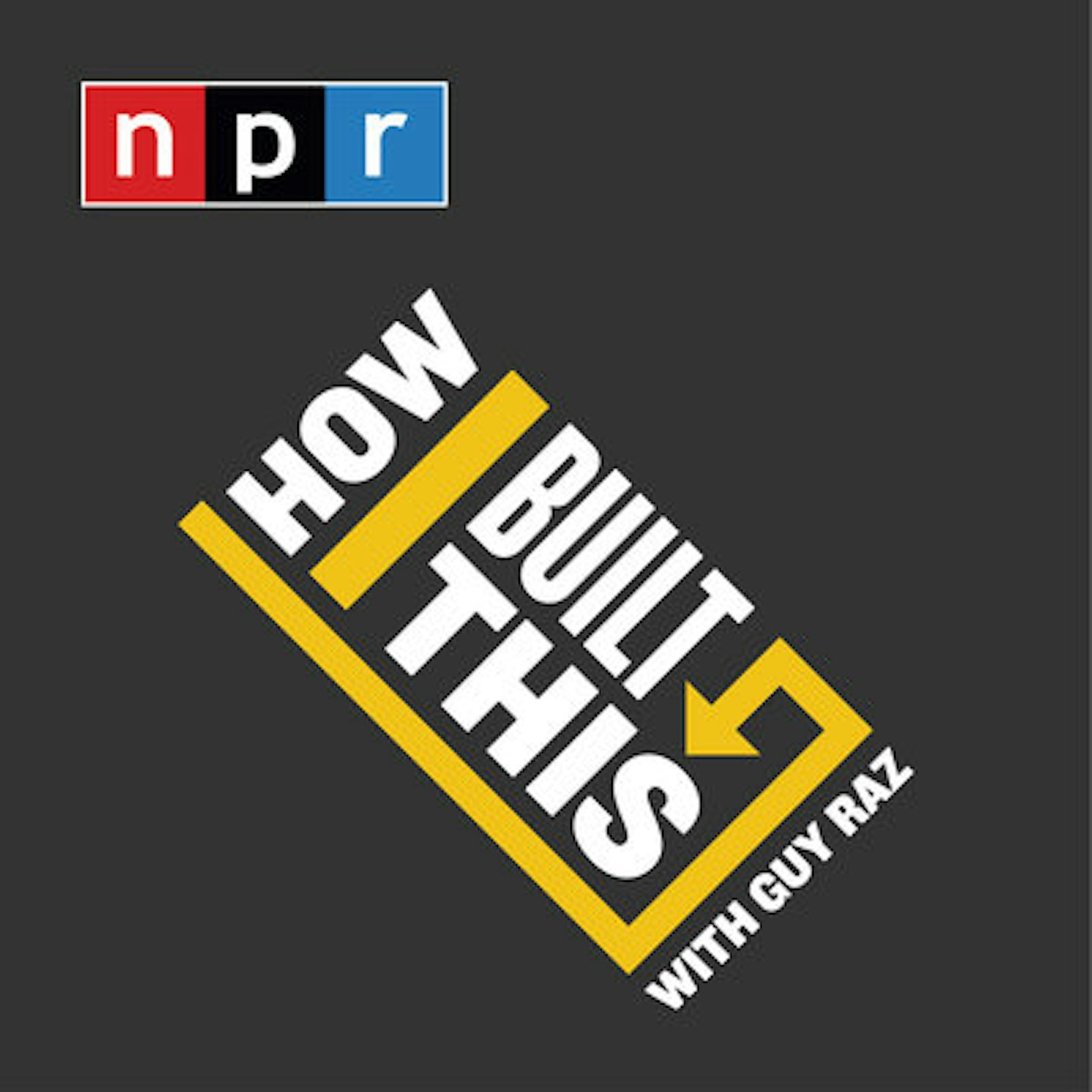 3 of 9
3 of 9How I Built This
We've all heard the apocryphal tales of businesses that started in sheds and ended up the toast of Silicon Valley, but what actually happens in that gap in between? How I Built This presenter Guy Raz asks entrepreneurs to share the stories behind some of the world's best known companies, from the woman behind US beauty disruptor Drybar to the origins of Wikipedia. As you'd expect, it's inspiring stuff - plus it'll surely see you well equipped for your next pub quiz.
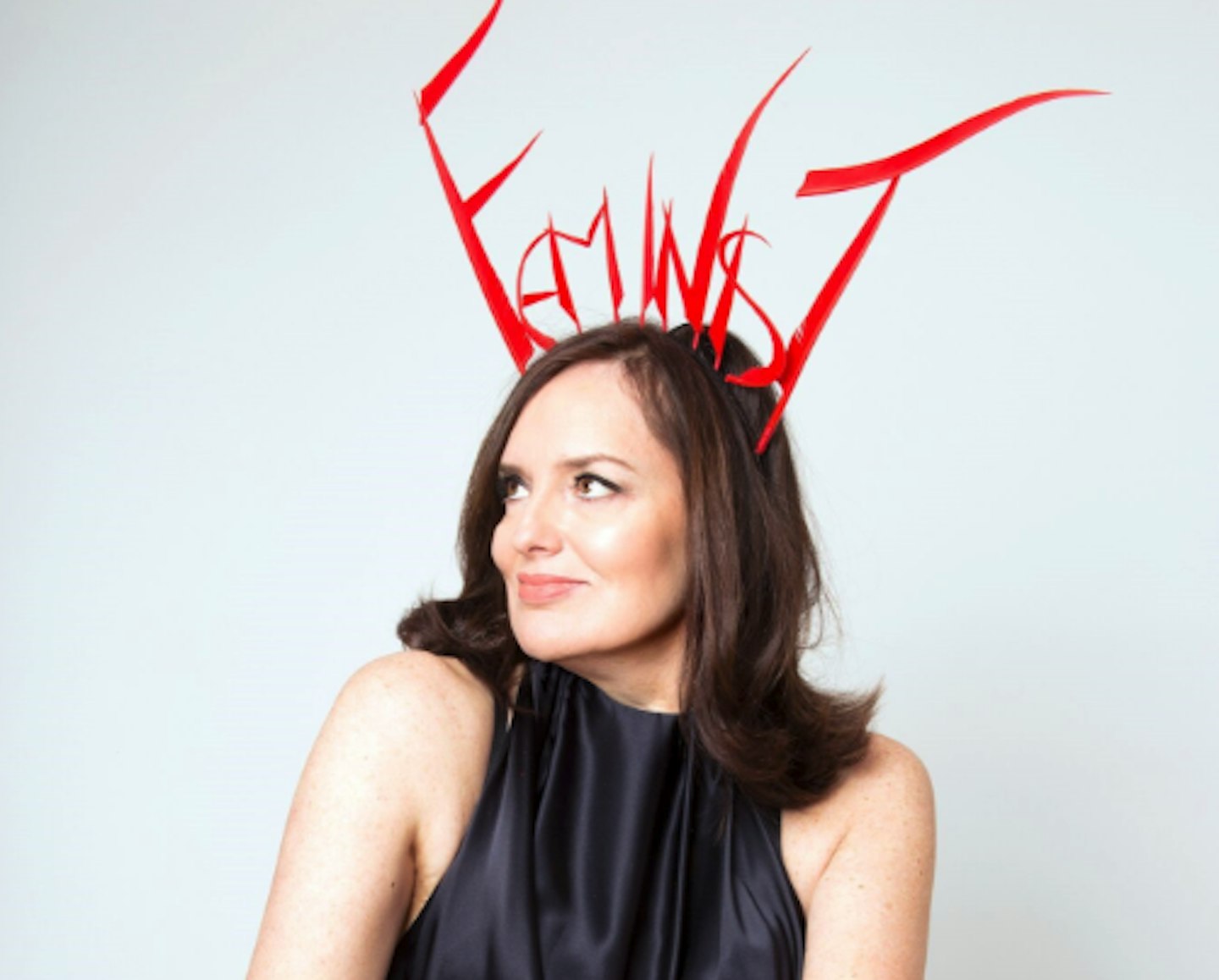 4 of 9
4 of 9The Guilty Feminist
This weekly series fronted by Aussie comedian/conference speaker/improv expert Deborah Frances-White is a must-listen for anyone who has uttered the immortal words 'I'm a feminist, but…', which is also the opening line of the podcast. Recorded in front of a live audience, it's a refreshingly honest take on the complexities, contradictions and insecurities that make up modern womanhood. First Deborah and her guest will delve into an issue that 'all 21st century feminist agree on,' before moving on to all the things that might hypothetically make them 'bad' at feminism.
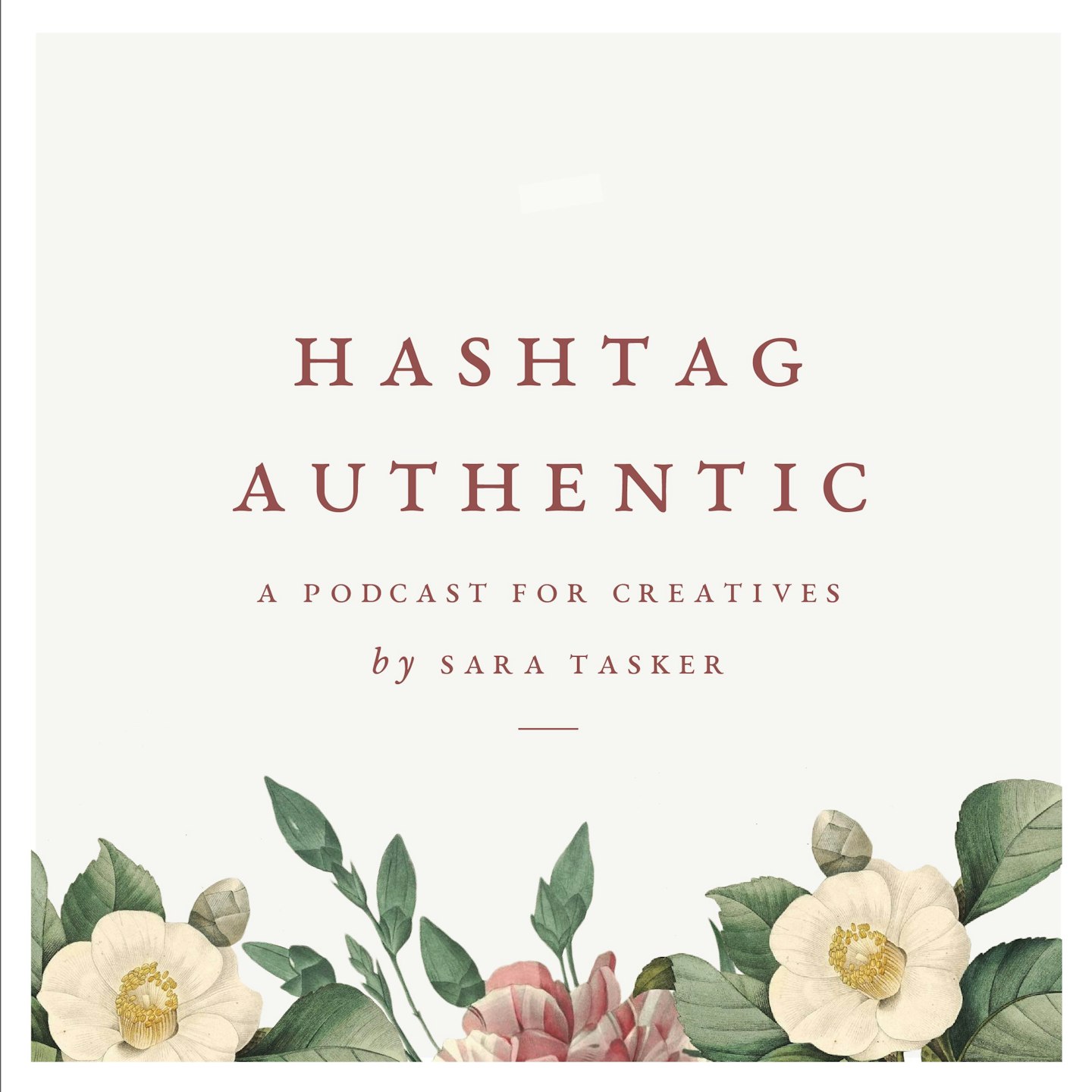 5 of 9
5 of 9Hashtag Authentic
Whether you're already working in the creative industries or fancy making a career out of your Instagram side hustle, this podcast telling the stories behind the social media account is a must-listen. Aside from being a true multi-hyphenate, photographer, writer and creative coach Sara Tasker is a warm, engaging host with a knack for coaxing fascinating anecdotes and insights from her interviewees.
 6 of 9
6 of 9Call Your Girlfriend
Each week, long distance best friends Aminatou Sow and Ann Friedman call each other up to dissect what's happening in the worlds of pop culture and politics, and share the odd in-joke. The resulting conversation, recorded over Skype, spans the high and the low brow: you're essentially eavesdropping on a catch up between two old pals, while also getting a weekly news digest.
 7 of 9
7 of 9Never Before
Author, speaker and director Janet Mock (who's most recently stepped behind the camera for the groundbreaking FX series Pose) hosts this 11-part series of intimate and in-depth conversations with some of the boldest figures in the public eye, from celebrity matriarchs Kris Jenner and Tina Knowles-Lawson to congresswoman Maxine Waters and Moonlight writer Tarell Alvin McCraney.
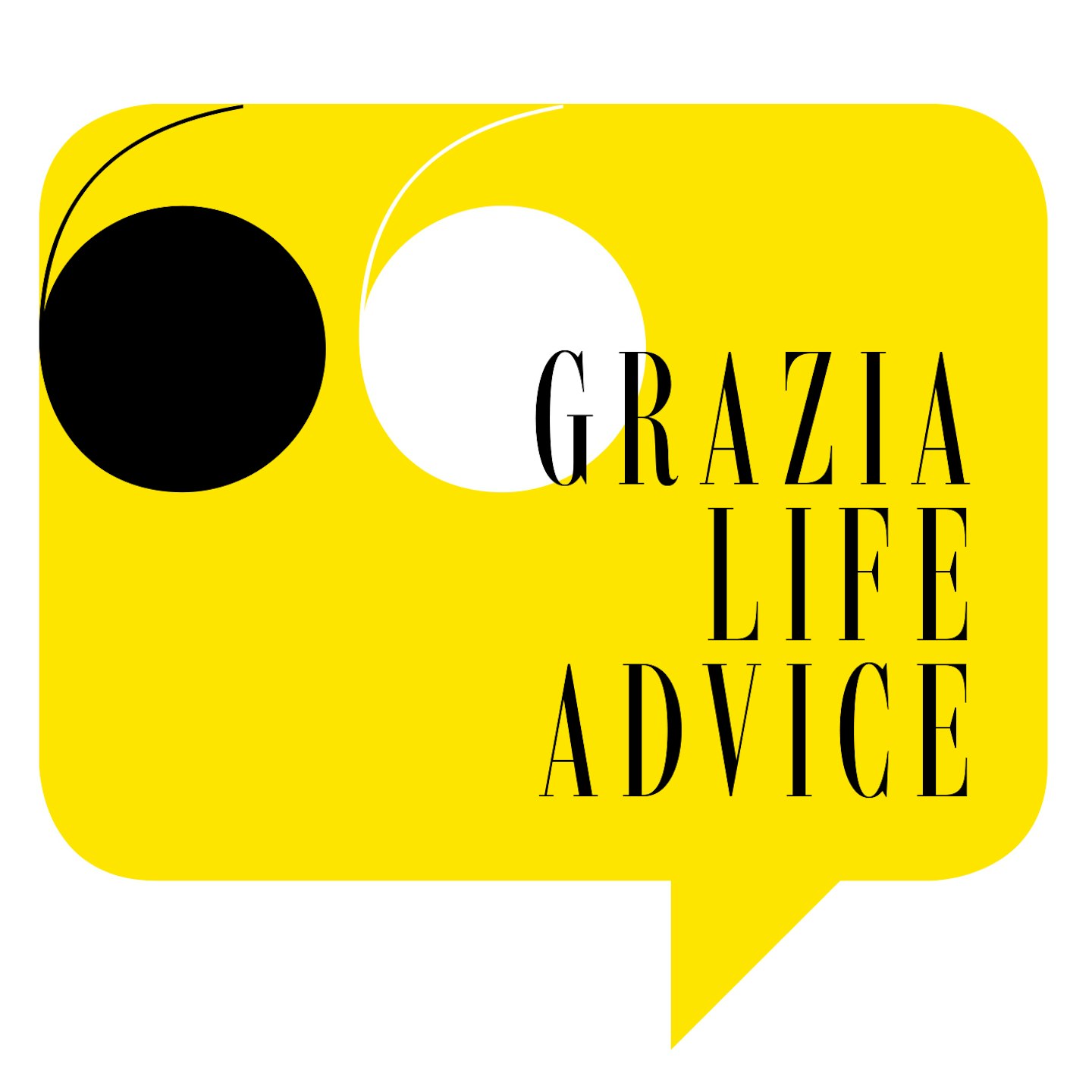 8 of 9
8 of 9Grazia Life Advice
Allow us to blow our own trumpet for a moment. Dropping every Tuesday, Grazia's weekly Life Advice podcast probes some of the smartest women of today, so we can hear the intimate – and often hilarious – stories and experiences that have got them where they are today. Previous guests include supermodel Natalia Vodianova, broadcasting legends Fi Glover and Jane Garvey and Queer Eye's Fab Five.
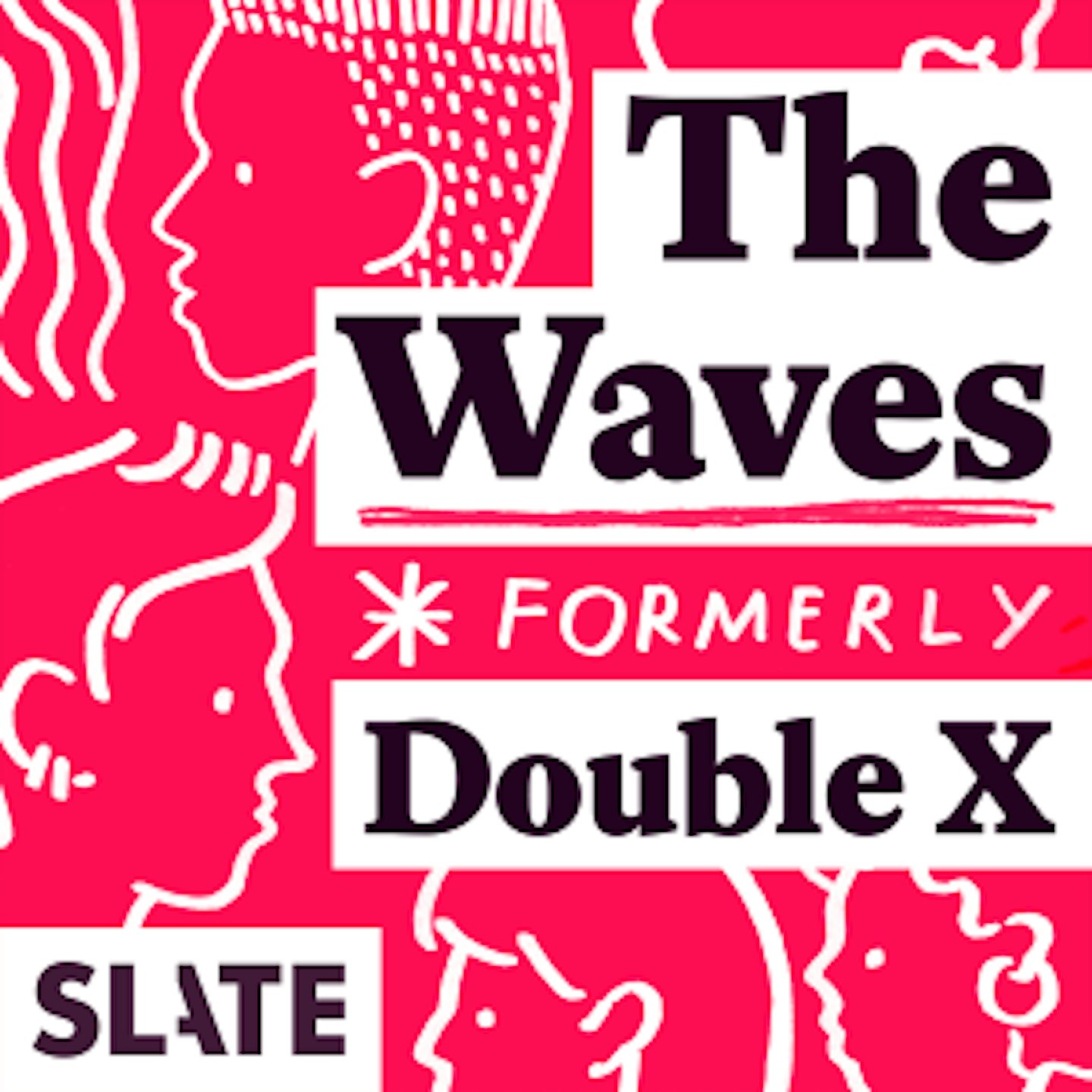 9 of 9
9 of 9The Waves
Formerly known as The Double X, the podcast from US site Slate is a weekly conversation about news and culture, explored through a feminist filter. Expect in-depth, incisive discussion of everything and anything from Netflix's Internet-breaking teen film To All The Boys I've Loved Before to the fallout from Omarosa's tell-all book to Big Dick Energy.
